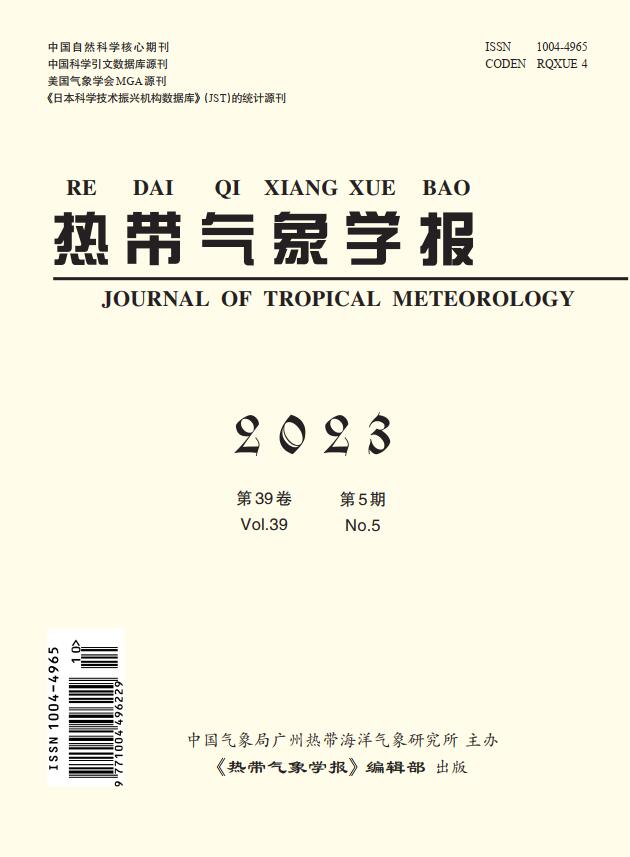Evaluation of Performance of Polar WRF Model in Simulating Precipitation over Qinghai-Tibet Plateau
IF 1.4
4区 地球科学
Q4 METEOROLOGY & ATMOSPHERIC SCIENCES
引用次数: 0
Abstract
: Considering the complex topographic forcing and large cryosphere concentration, the present study utilized the polar-optimized WRF model (Polar WRF) to conduct downscaling simulations over the Qinghai-Tibet Plateau (TP) and its surrounding regions. Multi-group experiments with the 10 km horizontal resolution are used to evaluate the modeling of precipitation. Firstly, on the basis of the model ground surface properties upgrade and the optimized Noah-MP, the “better-performing” configuration suite for modeling precipitation is comprehensively examined. Various model parameters such as nudging options, five cumulus parameterization schemes, two planetary boundary layer schemes, and six microphysics schemes are investigated to further refine the Polar WRF configuration. Moreover, the precipitation simulation for a full calendar year is compared with multiple reanalyses and observations. The simulations demonstrate that the Polar WRF model successfully captures the general features of precipitation over this region and is sensitive to model parameters. Based on the results, it is recommended to use grid nudging with q intensity coefficient of 0.0002, the multi-scale kain-fritsch cumulus parameterization, the Yonsei University boundary layer scheme, and the Morrison 2-mom microphysics with reduced default droplet concentration value of 100 cm –3 . Overall, the model performance is better than the ERA-interim and TRMM 3b42. It is comparable to, and in some cases slightly better than, the CRA-Land, especially in the prediction for the western part of the plateau where in situ observations are limited, and the cryosphere-atmosphere interaction is more pronounced.极地 WRF 模型模拟青藏高原降水的性能评估
:考虑到复杂的地形强迫和巨大的冰冻圈聚集,本研究利用极地优化的 WRF 模式(极地 WRF)对青藏高原及其周边地区进行降尺度模拟。采用水平分辨率为 10 km 的多组试验来评估降水建模。首先,在模型地表属性升级和 Noah-MP 优化的基础上,全面考察了降水建模的 "性能更优 "配置套件。研究了各种模式参数,如推移选项、五种积云参数化方案、两种行星边界层方案和六种微物理方案,进一步完善了极地 WRF 配置。此外,还将整个日历年的降水模拟与多个再分析和观测结果进行了比较。模拟结果表明,极地 WRF 模式成功捕捉到了该地区降水的一般特征,并且对模型参数非常敏感。根据模拟结果,建议使用 q 强度系数为 0.0002 的网格推移、多尺度 kain-fritsch 积云参数化、延世大学边界层方案和 Morrison 2-mom 微物理,并降低默认水滴浓度值 100 cm -3。总体而言,模式性能优于 ERA-interim 和 TRMM 3b42。尤其是在高原西部的预测方面,因为那里的原地观测数据有限,冰冻圈-大气相互作用更为明显。
本文章由计算机程序翻译,如有差异,请以英文原文为准。
求助全文
约1分钟内获得全文
求助全文
来源期刊

热带气象学报
METEOROLOGY & ATMOSPHERIC SCIENCES-
CiteScore
1.80
自引率
8.30%
发文量
2793
审稿时长
6-12 weeks
期刊介绍:
Information not localized
 求助内容:
求助内容: 应助结果提醒方式:
应助结果提醒方式:


